
It may depend upon whether your outlook is more glass half full or glass half empty but next month is a cause for both celebration and regret for those indelibly linked to one of the most famous names in British beer.
On July 2, 1999 the last dregs were drained from Vaux’s Castle Street brewery. The business had made a £4m profit the previous year but city investors deemed the Sunderland institution was worth considerably more than the sum of its parts and ordered it be split up and sold off.
Mark Anderson, Vaux’s former finance director, was part of the management buyout team that attempted to save the brewery and a number of pubs. That bold move might have failed but Mark and colleague Doug Trotman did manage to secure many of the popular brands enjoyed by thousands of Wearsiders for almost 175 years.
“I was one of the four guys who tried to purchase the brewery and keep it going,” he explains. “But the City of London closed Vaux so quickly and made such a mess of getting rid of it that they left all of the trade and contracts still in place.
“I was tasked with going back in and trying to sort all of it out. At the same time, all of the assets were being sold off and that was when we realised the brands — Double Maxim, Samson, Lambton’s and Ward’s — were just languishing and in danger of disappearing altogether.
“Doug and I decided, in our wisdom, that we’d buy the Double Maxim brand and keep it going.”
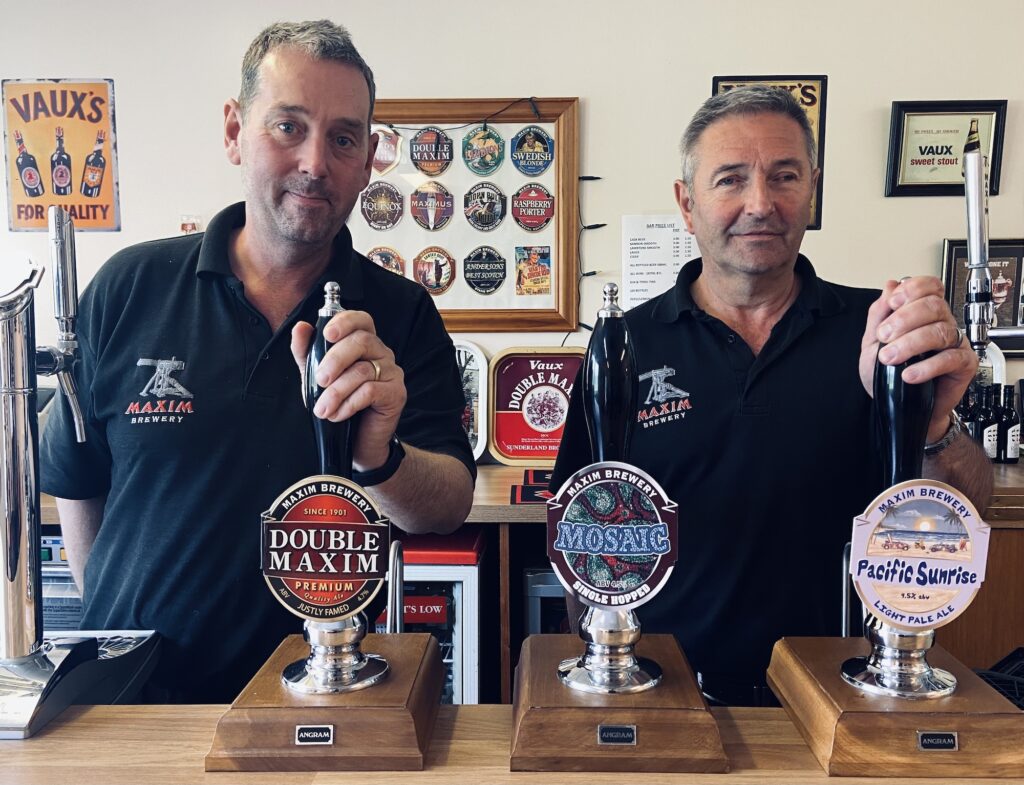
Fast forward 25 years and Mark heads up the Houghton le Spring-based Maxim Brewery — home to Double Maxim, Maximus, Samson, Ward’s, Lambton’s and more. On July 5 Maxim’s on-site bar will host a celebration of Vaux and its rich history almost a quarter of a century to the day that the doors closed on the Castle Street premises.
“I’ve still got mixed feelings about the situation,” admits Mark. “I can still remember that dark day in 1999 when Vaux and Ward’s — along with a number of managed pubs — shut down with the loss of 550 jobs. It was a terrible time.
“But of course it’s important that we remember Vaux and continue to recognise its value to the community. We know a group of people who are into collectibles and they have a huge selection of Vaux memorabilia and historical stuff. They’re keen to show it all off and commemorate the 25th anniversary of the closure.
“So we’re hosting them in the bar on July 5 and inviting former employees too. The plan is to dig into the memorabilia between 1pm and 5pm and then move straight into our regular, monthly bar night from 5pm-10pm.
“I suppose this might be the last time we do something like this as fewer and fewer former employees are still around. If that’s the case we’re determined to mark the occasion with something special.”
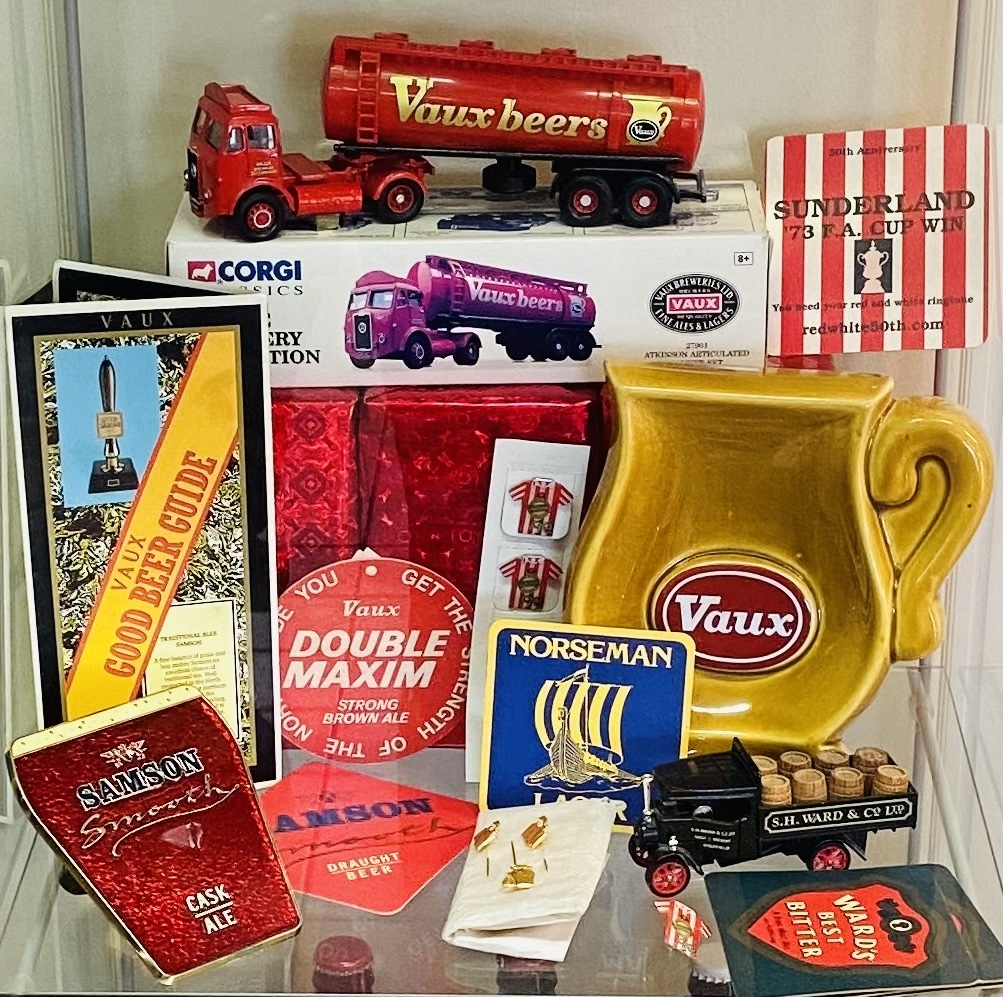
Maxim Brewery is already home to a number of prized Vaux rarities — displayed in the bar and chronicling the rich history of a beloved Wearside institution — but Mark’s expecting a veritable feast of rarely seen treasures when Maxim opens its doors next month.
“It’s amazing what people have picked up over the years,” he adds. “There are all sorts of things that came out of the brewery and the Vaux pubs but we’re expecting everything from retro Sunderland shirts to equipment used for testing the beers and signage to pictures of former staff.”
Vaux always enjoyed a close association with the city’s football club and, in 2021, Maxim Brewery was delighted to secure an initial five-year deal with Stadium of Light bosses to supply Samson Smooth on matchdays.
- Read more: Effects of breeding give paws for thought
- Read more: Calls for new government to create an AI champion
“It’s in every bar in the stadium and we were very proud to get that deal done,” adds Mark. “In order to get it over the line we had to work in conjunction with Coors as they own all of the beer raising equipment at the football club.
“They have the direct contract with the club and so the agreement is that we’ll supply the beer to Coors, they’ll put it into the bars and look after the Samson on matchdays.
“We’re responsible for what we call the ‘topping and tailing’ — putting the badge on the bar, installing the dispensers and supplying the fittings to make sure it’s all working but after that we hand everything over to Coors.
“The set-up works well and it’s been successful for the last three years. We’re happy with it, Coors are happy, the club’s happy and the fans are happy. There are two years left on the contract and so at some point next year we’ll probably start talking about doing it all again.”

Maxim Brewery remained robust during Covid — members of the public regularly queued up to take away bottles of beer at the height of the pandemic — and continues to thrive thanks to its tried and tested roster of heritage brands and new brews.
Head brewer and director Glen Whale has been the brains behind the brands for 14 years after learning his trade with Scottish and Newcastle at Gallowgates’s Tyne Brewery and the experienced Geordie relishes the opportunity to experiment.
“I love that side of the job,” he says. “I’m always looking into new hops and malts, taking advice from trusted suppliers and keeping an eye on what’s out there. On the whole, I’m planning 12 months in advance in terms of what we’ll be brewing.
“We have our regular beers but we’ll always try to roll out two seasonal beers every month. I like to have a play around between light, dark, strong and weak. I might look at hops from America, New Zealand and Australia or choose to work with more traditional British hops and flavourings. There are so many different ways to go.”
Pacific Sunrise — a light ale using Pacific Sunrise hops from New Zealand — and American-style pale ale Mosaic were the featured monthly specials during The QT’s fleeting visit to Houghton le Spring.
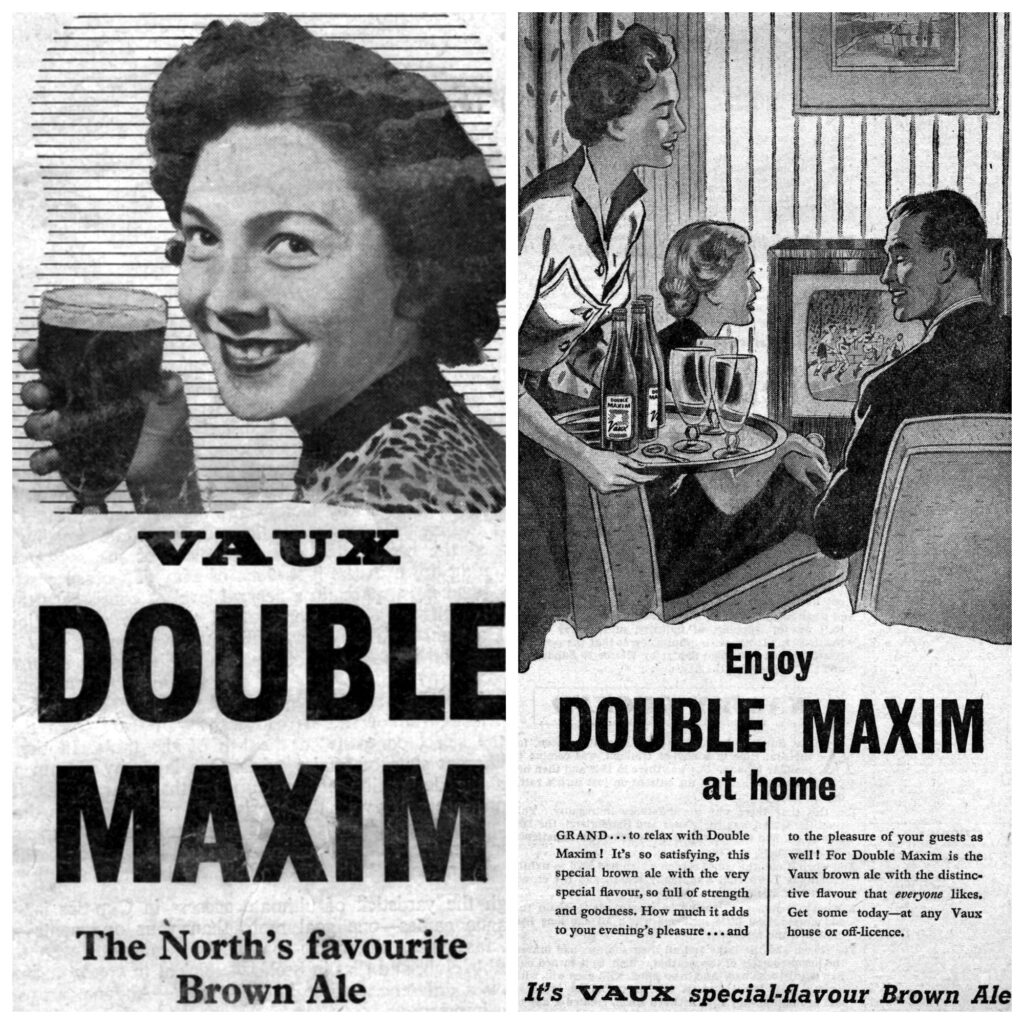
But it was the discovery of a five per cent Raspberry Porter (a blend of dark roasted malts mixed with premium raspberry juice in the maturation vessel) that really tickled our tastebuds.
“I’d never used the Pacific Sunrise hop before but I had a read up on it and took some advice from our supplier,” adds Glen. “It’s quite a smooth beer with a lot of hop flavours and fruit flavours whereas the Mosaic is a single hop beer so there’s a more bitter after taste. The Raspberry Porter’s proved to be really popular and I’ll rotate the beers that go down well the first time around.”
Mark points to Glen’s appointment in 2010 as pivotal to the brewery’s longevity and success and it’s clear the friends and colleagues share a mutual passion for perfecting the beer drinking experience.
But what challenges does the business face moving forward?
- Read more: Projects shortlisted for national prize
- Read more: Facts behind the claims of first election debate
“We think the craft beer market has finally peaked and people are starting to return to more traditional type beers that offer good value,” adds Mark. “That’s good for a brewery like Maxim.
“It’s a real benefit that we have a strong portfolio of beer brands that people recognise and trust.
“Combine those firm favourites with the craft-type, hoppy beers that Glen’s able to produce and we appeal to a wide market.
“We’re looking at whether to develop a non-alcoholic beer but that’s already a saturated market dominated by the big players. It’s something we need to consider carefully.
“Then there’s the future of the brewing business as a whole.”
Glen nods in agreement. “I think some people come into the brewing industry — especially those setting up smaller, craft breweries — believing it’s a lifestyle choice,” he adds. “They quickly realise it’s not. Unless your lifestyle is 24/7!
“You need a lot of money behind you to get a brewery off the ground and it’s not easy to get a loan these days. It’s a big risk.”
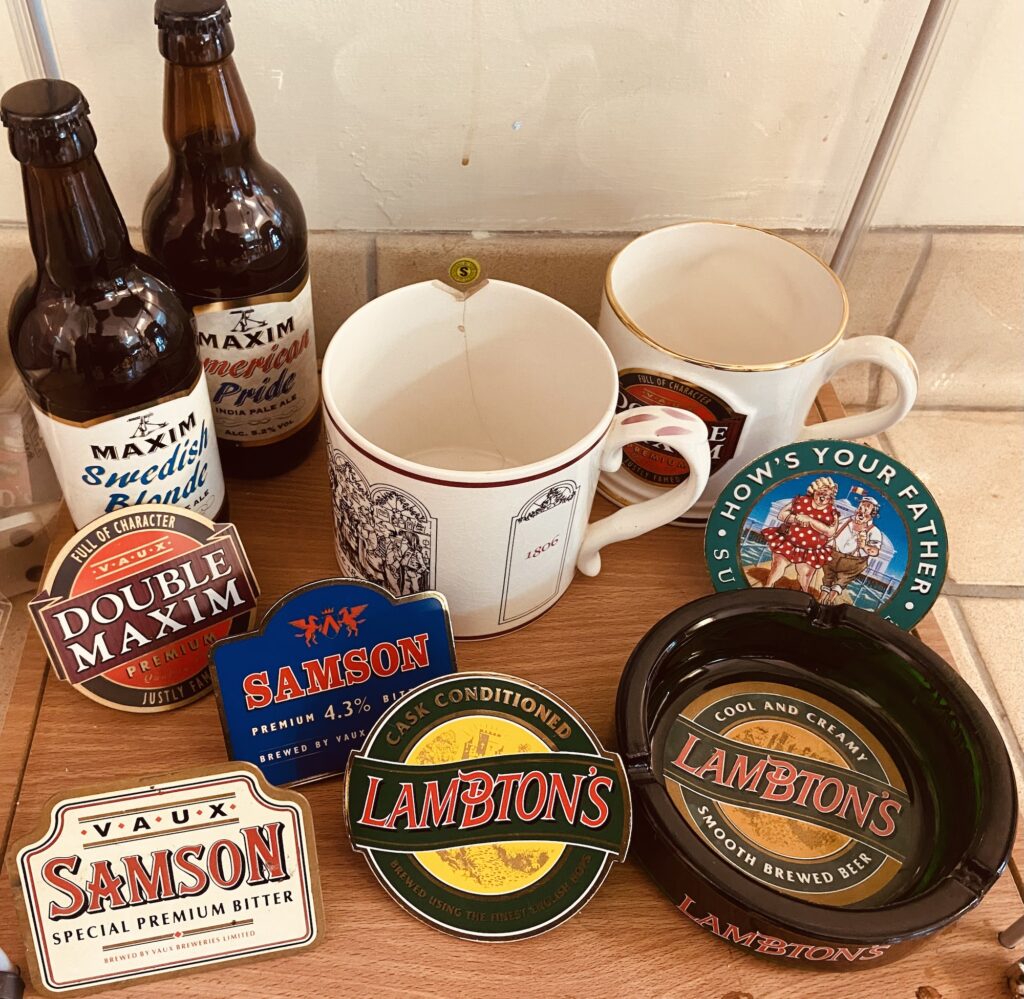
In 2021 business partners Michael Thompson and Steve Smith took that risk — opening the Vaux Taproom and reviving a famous name that had lain dormant for more than two decades.
Mark declined to comment on what The QT understands is a relatively fractious relationship between the new venture in Monkwearmouth and Maxim Brewery (a legal wrangle relating to the use of the former Vaux brands was resolved in Maxim’s favour) but he admits that failing to secure the Vaux name in 1999 may have been a missed opportunity.
“There was an option to buy the Vaux brand name at the same time as we purchased the beer brands,” he recalls. “But we just felt that having gone through such a traumatic time with the closure of the brewery and the loss of so many jobs, with the upset that caused, it didn’t feel appropriate to start a new business with the same name.
“As far as we were concerned Vaux was dead and nobody wanted to capitalise on its demise. In hindsight, maybe we should have purchased the name and just kept it to one side until the dust had settled.
“Now the Vaux name is back in Sunderland and in an ideal world we’d be working with the team behind the new venture. We were very open with them from the start and there was definitely an opportunity for collaboration.”
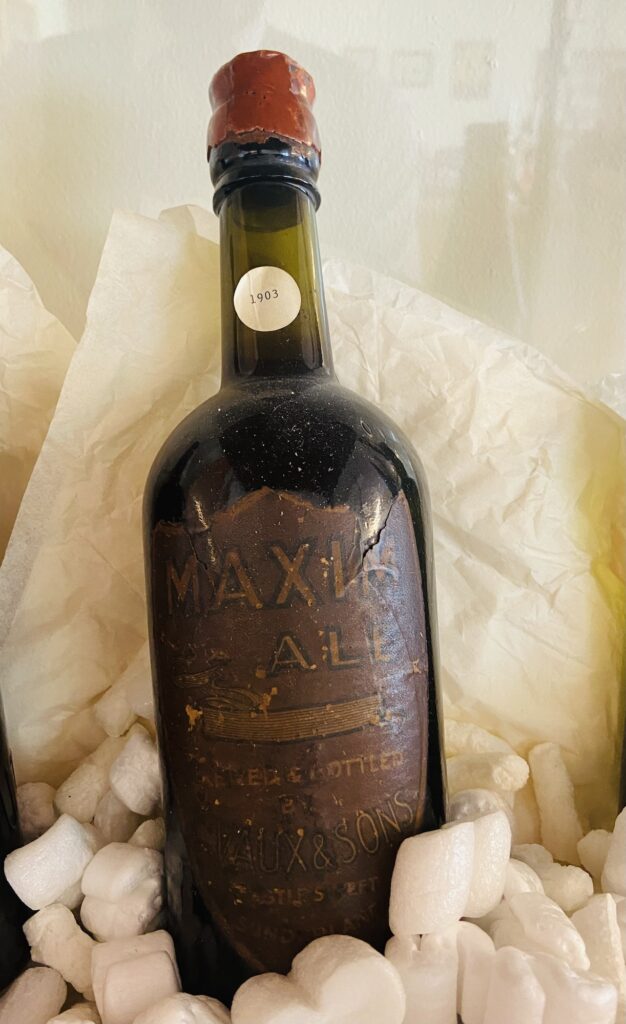
Twenty five years down the line and Maxim Brewery is well established as a bastion of the UK brewing industry but do Mark and Glen have any grand plans for the future?
“I think it’s more of the same with the promise of consistency and quality,” says the former. “We want to be able to continue to offer our loyal customers quality beers at a reasonable price. We know it’s difficult to find any disposable income these days but we’re also very aware that there’s still a lot of love for the former Vaux brands.”
To find out more about the July 5 Vaux Brewery celebration call 0191 584 8844 or email [email protected]











